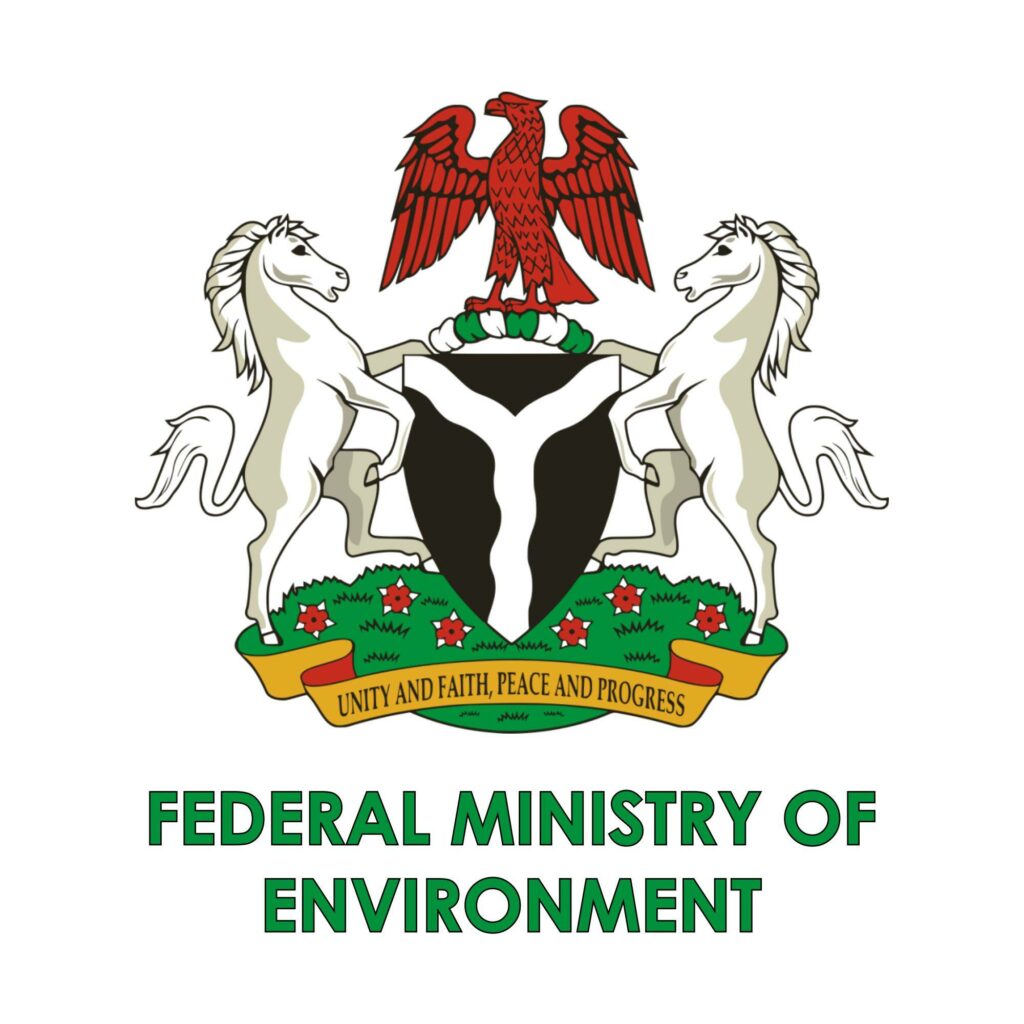The Federal Government has taken steps to address the growing threats of flooding, erosion, and environmental degradation in Nigeria’s coastal regions through the development of a new Integrated Coastal Zone Management Policy.
The initiative was the focus of a National Stakeholders Consultative Workshop held recently in Abuja, where environmental experts, government officials, and representatives from affected communities gathered to deliberate on a new policy framework.
Usman Bokani, Director of the Department of Erosion, Flood, and Coastal Zone Management at the Federal Ministry of Environment, raised alarm over the increasing dangers posed by flooding in coastal areas. Speaking at the event through Abdullahi Atta, Assistant Director, Coastal Zone Management, Bokani stated that flooding continues to undermine infrastructure, damage ecosystems, and endanger public health across Nigeria’s coastal belt.
“Our coastal zones face numerous challenges, including erosion, flooding, pollution, and climate change,” Bokani said. “These issues threaten infrastructure, livelihoods, ecosystems, and human health. However, I am confident that through collaborative efforts and informed decision-making, we can develop effective solutions to these challenges.”
He described the Integrated Coastal Zone Management (ICZM) policy as a transformative shift in how Nigeria handles its marine and coastal ecosystems, with emphasis on structured, inclusive, and sustainable management.
The policy, which is currently being drafted, aims to improve Nigeria’s capacity to withstand climate-related impacts while also protecting biodiversity and local economies dependent on marine resources. It is being coordinated by the Ministry of Environment, in partnership with other key government agencies and stakeholders.
Also speaking at the workshop, Mahmud Kambari, Permanent Secretary of the Ministry of Environment, represented by Kunle Awojemila, Deputy Director in the same department, said the federal government is fully committed to delivering a functional and practical framework that will safeguard Nigeria’s fragile coastlines.
“Our coastal and marine ecosystems are economically strategic and ecologically vital,” Kambari said. “These regions contribute significantly to commerce, livelihoods, food security, and biodiversity. Unfortunately, they are under increasing pressure from climate change, rising sea levels, poor land-use planning, and frequent natural disasters.”
He emphasized that an actionable coastal management policy is no longer a luxury but a necessity to prevent long-term economic loss and ecological collapse.
According to experts at the workshop, Nigeria’s coastline, which stretches over 850 kilometres, is home to millions of people and includes critical economic zones such as Lagos, Bayelsa, Rivers, Delta, Akwa Ibom, and Cross River States. These regions host vital infrastructure, ports, fisheries, oil and gas operations, and serve as key transit routes for both domestic and international trade.
Participants at the Abuja consultation called for greater investment in climate adaptation, the establishment of a coastal risk database, and the adoption of early warning systems for floods and storm surges. They also stressed the need to integrate traditional knowledge from coastal communities into national planning, along with enforcement of environmental laws against pollution and illegal coastal activities.
Stakeholders proposed that the ICZM policy should outline clear roles for federal, state, and local governments, and build capacity for coastal zone planning, disaster preparedness, and community-based adaptation.
The meeting ended with a renewed commitment to finalise and implement the policy in time to mitigate the effects of the next major flooding season, which experts fear could be more intense due to changing weather patterns and poor drainage infrastructure.
Climate analysts have repeatedly warned that unless Nigeria adopts proactive and science-based coastal management, entire communities along the shoreline risk displacement, loss of livelihoods, and exposure to water-borne diseases.
The Integrated Coastal Zone Management Policy, when completed, will be Nigeria’s first holistic document addressing the intersection of climate resilience, sustainable development, and ecosystem protection in coastal areas.
